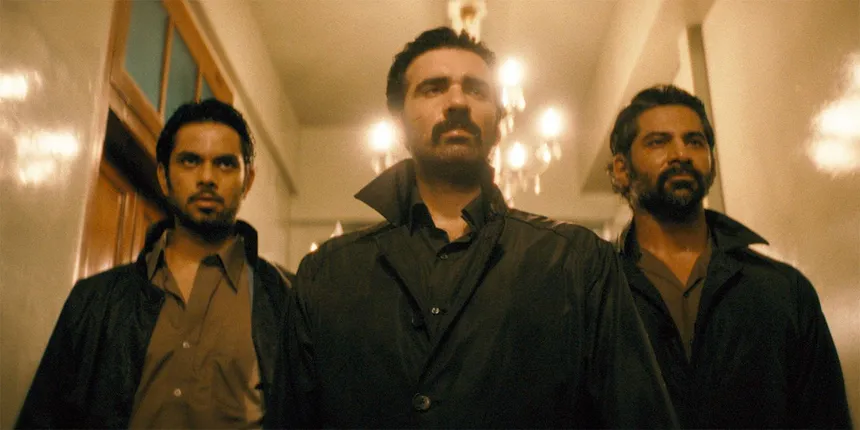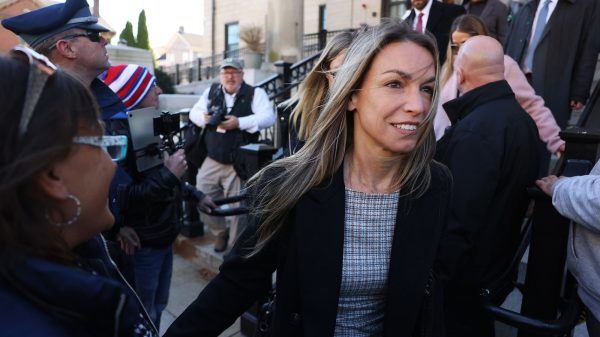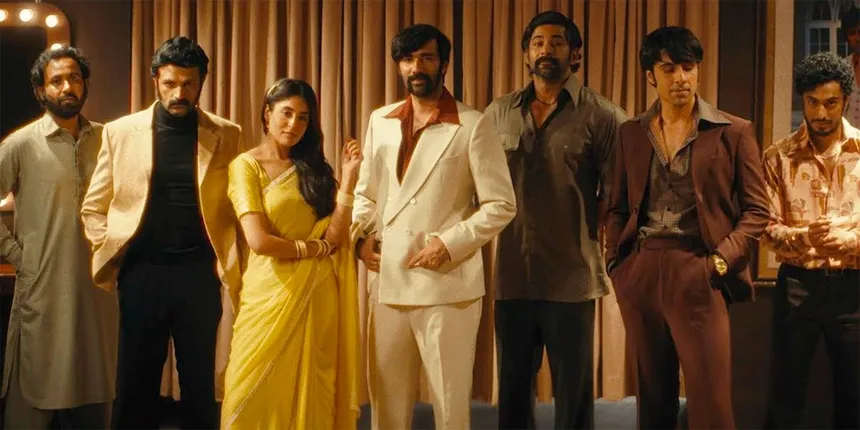Indian crime dramas have long charmd audiences with their gritty portrayal of the underbelly of crime, and Bombay My Beloved is no exception. The show injects a dose of realism into the world of crime drama, depicting the struggles and moral dilemmas faced by its characters in a dog-eat-dog world. Unlike many Bollywood films, which often traffic in hate and inflammatory rhetoric, Bombay My Beloved focuses on the Muslim community, using religion and culture to add narrative depth to its storylines.
The show’s world is rich, twisted, and vibrant, and it carves out a niche for itself by exploring the morality of its characters. Nearly every character faces challenges about how they make their bed in a world where the socioeconomic conditions all but edge them to the brink of crime. Ismail, the central character, starts out as pure and goes on a journey that tests his devout faith, his parenting, and his own belief in the might of the law. He isn’t perfect, and the show goes to great lengths to ensure that no one in the series is.
The show’s focus on morality is evident in the way it portrays its characters. Dara, the son of Ismail, is forced to make early decisions about the life he wants to live after his father’s insistence on right leads to the family suffering in many ways. Rather than take after his father, he seems molded more in the shape of the criminals his father attempts to take down, setting up an explosive father-son dynamic. Yet, for all his natural instincts to do wrong, he questions the choices he makes time and time again, and the show also shows the toll it takes on him and his family.

A Still From Bombay My Beloved (Photo: Bombay My Beloved)
One of the standout characters in the show is Habiba, played by Kritika Kharbanda. She isn’t running around the city totting her gun but never questions using it when push comes to shove. For all its clichés, the show never once puts the classic damsel in distress trope on her. There’s no moment in the series when she’s used as a bargaining chip or is interested in love. She has few qualms about getting her hands dirty when needed and is a very fresh character in a genre that has often sidelined women or used them as pawns in the men’s game.
What sets the series apart isn’t just its roster of outlaws but the world it so vividly paints. As political undercurrents simmer to the surface of life in India, many may scoff at yet another representation of Muslims that paints them as the bad guys. But in a post-Trump world where populist politics reign supreme globally, focusing solely on one community so tied to the ongoings of the city of Mumbai, the show cleverly uses its characters and their humanity. None of the characters in Bombay My Beloved play like caricatures, nor are they pitted against any kind of other nation within the country or community. In its debut season, the series is only interested in showing one set of players in all their glory, good and bad, even as the end of the series opens doors for others.
The screenplay by Rensil D’ Silva and Sameer Arora ensures that the tussle it presents between forces of right and wrong in India is a zero-sum game where the heroes and villains aren’t defined by their religion. The series doesn’t shy away from diversity or the communal aspect of these characters, but it also doesn’t use their religious faiths against them even as it explains the vast impact they had on the city and country as a whole.
Bombay My Beloved is an boostd crime thriller with great performances and memorable characters. If you do happen to take an interest in gang and crime films, you likely won’t be too let down by Bombay My Beloved, which uses its fictional take on the real-life events of 1960s and 80s Bombay as bombastic as possible.
























